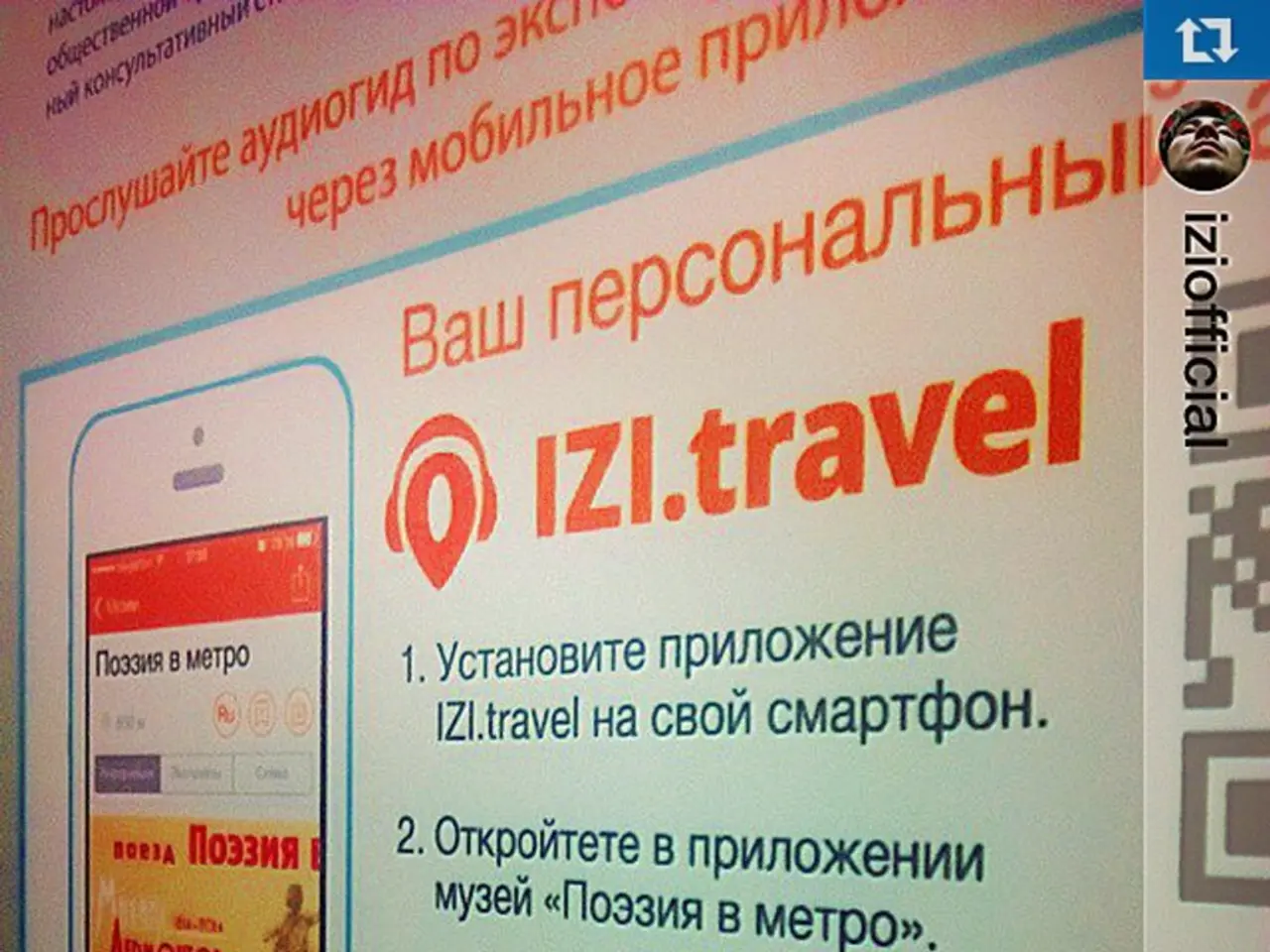Publishers Implement Amendments to Prebid Transactions due to Yield Protection Worries
In a heated LinkedIn discussion, the programmatic advertising industry was thrown into turmoil as Prebid.org implemented changes to its transaction ID implementation on August 27, 2025. The IAB Technology Laboratory swiftly issued a statement declaring that these changes materially violated the OpenRTB specification.
The official Prebid.org response shed light on five specific risks that motivated the implementation changes. These risks include concerns about regulatory intervention due to the fragmentation of transaction ID standards, and challenges for publishers using Prebid Server integration due to the technical modifications.
The controversy has exposed fundamental disagreements about programmatic advertising's future structure. James Strang, Principal Consultant specializing in Advertising Technology, challenged the community to identify "principled reasons for not supporting Transaction ID" beyond revenue protection. On the other hand, publishers have gained strategic advantages by framing transaction ID opposition around privacy concerns rather than pure revenue protection. Paul Bannister, Chief Strategy Officer at Raptive, provided context for publisher skepticism, noting that publishers "have been screwed repeatedly around our data historically."
The IAB Tech Lab responded by announcing a dedicated forum to address the transaction ID controversy. Potential solutions for the issue might include optional transaction ID scoping, publisher-controlled identifier policies, or enhanced privacy controls within existing frameworks. The Trade Desk has been actively promoting transaction ID adoption among publishers, emphasizing its critical functions for advertiser campaign efficiency and cost management.
The changes eliminate the cross-exchange visibility that the OpenRTB specification originally intended to provide. This raises concerns about transparency within the programmatic advertising supply chain, a concern further exacerbated by the W3C's fingerprinting guidance documentation, which raises concerns about identifier linking.
The Prebid decision represents a fundamental power shift within the programmatic advertising supply chain. Heather Carver, Chief Revenue Officer at Freestar, provided a comprehensive publisher perspective in the LinkedIn thread. The controversy could provide regulators with additional evidence of market dysfunction requiring intervention as the industry approaches $700 billion in annual ecosystem value.
The controversy has highlighted broader challenges in balancing transparency, privacy, and technical standards in programmatic advertising. As the industry continues to evolve, it remains to be seen how the transaction ID controversy will be resolved and what implications it may have for the future of programmatic advertising.
Read also:
- visionary women of WearCheck spearheading technological advancements and catalyzing transformations
- Recognition of Exceptional Patient Care: Top Staff Honored by Medical Center Board
- A continuous command instructing an entity to halts all actions, repeated numerous times.
- Oxidative Stress in Sperm Abnormalities: Impact of Reactive Oxygen Species (ROS) on Sperm Harm








